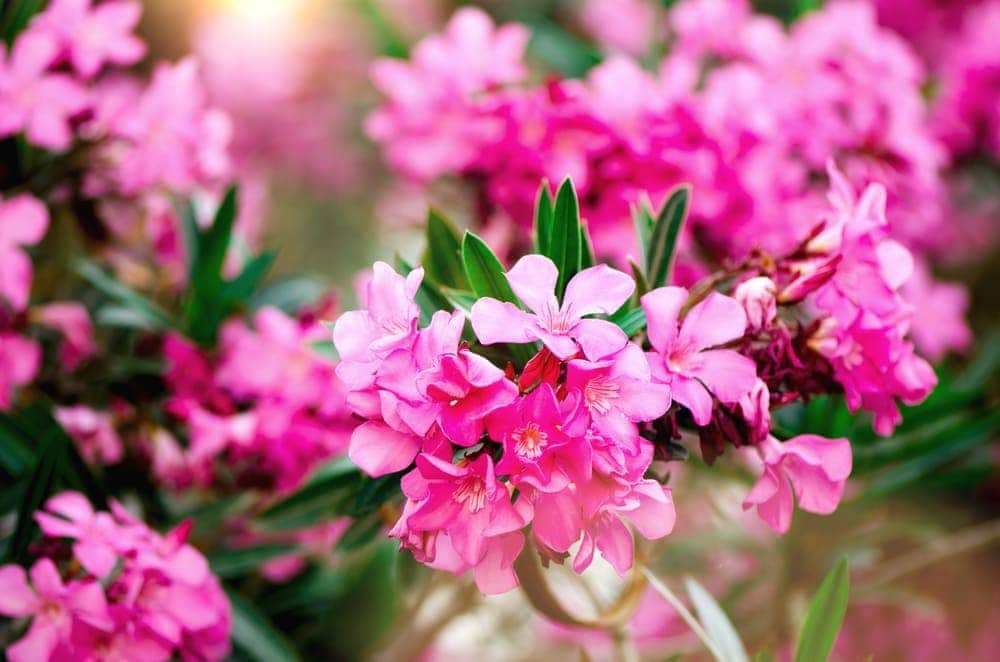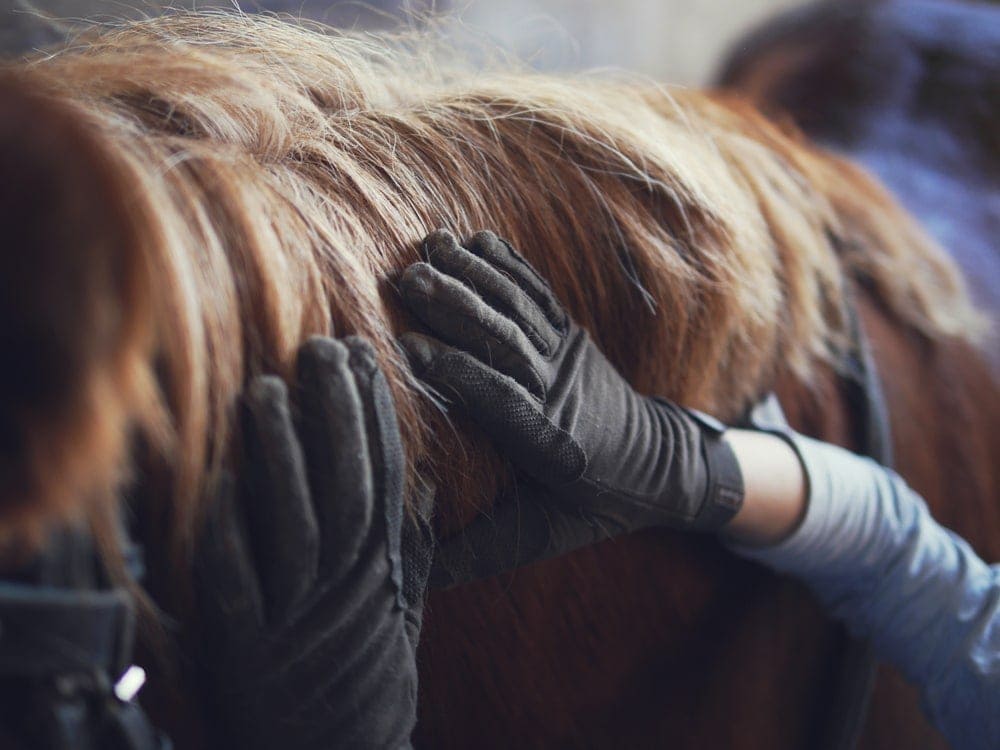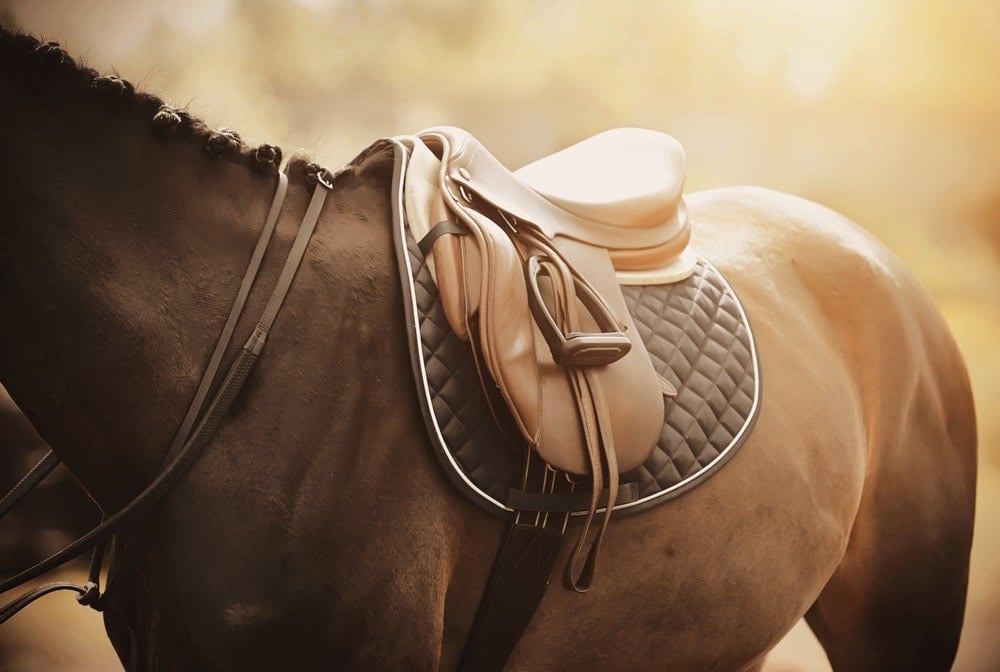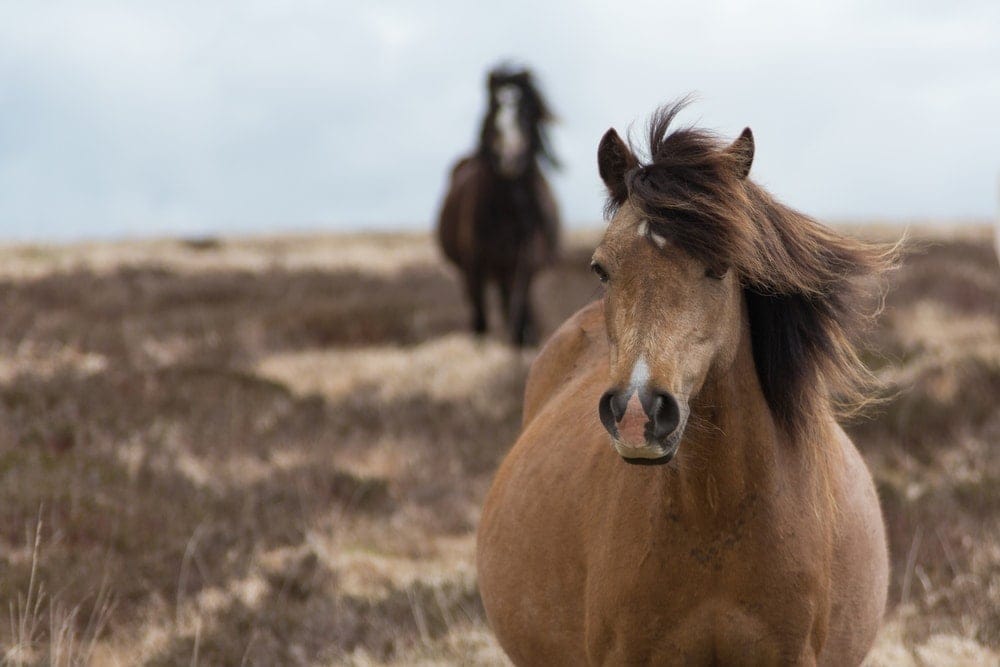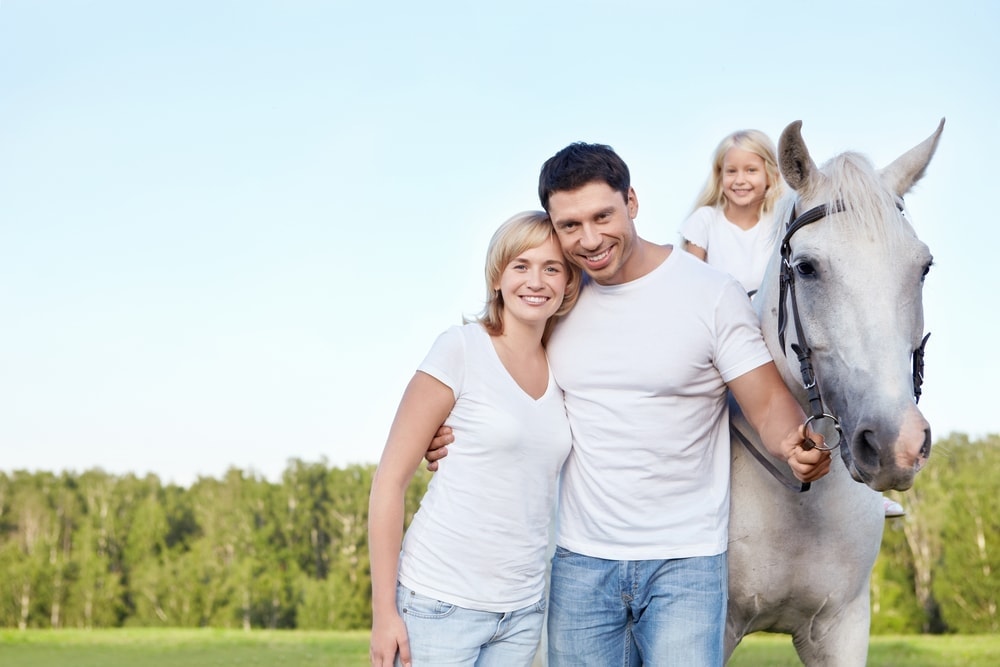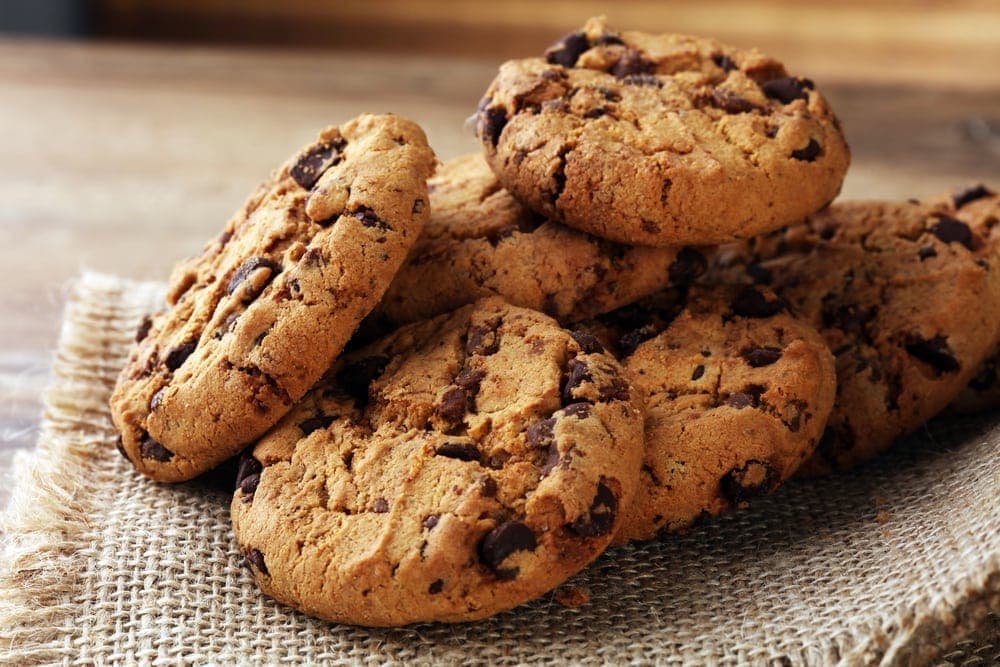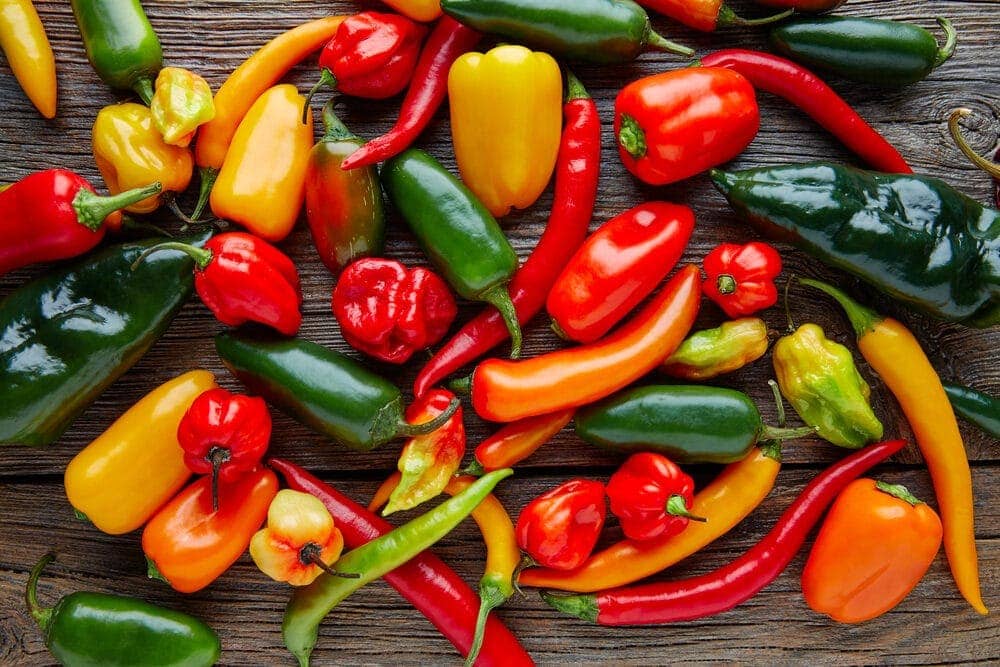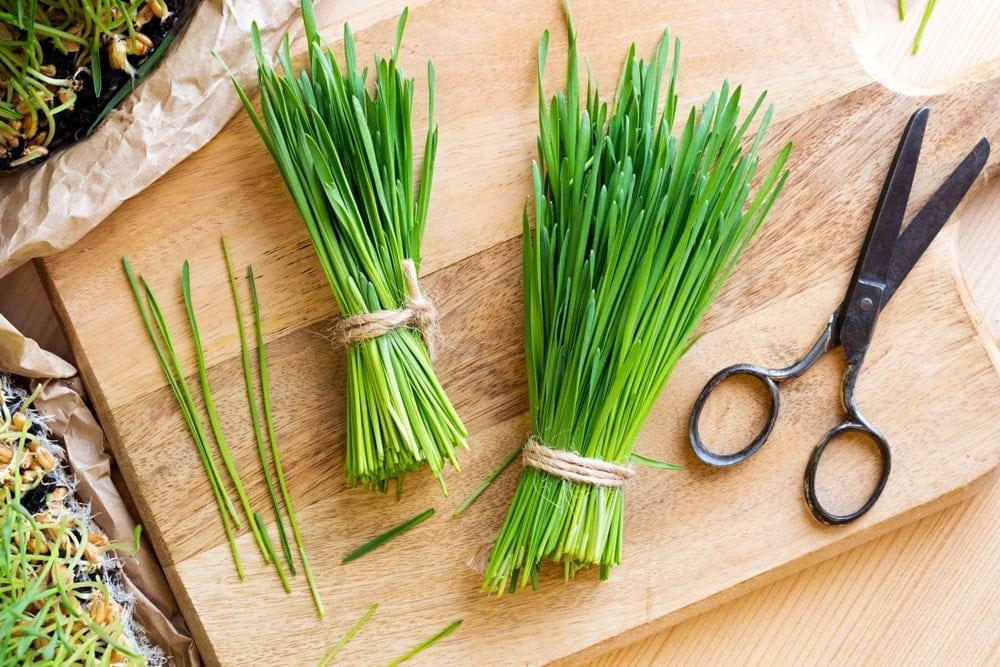No, horses should not eat wood at all. Although there are some reasons why a horse could end up eating wood, it shouldn’t even be as a last resort type of food.
Eating wood will cause a horse to have extreme pain in their lower and upper intestines and unbearable abdominal pain.
Can Horses Eat Wood?
If you have come to this article because you caught your horse chewing on wood and you are wholly perplexed, then we are just as confused as you, but we have researched it for you.
Horses do not find wood appealing or tasty. They don’t have wood cravings, and they would rather eat anything else besides wood. But sometimes there are triggers in a horse’s system that cause it to eat wood.
Horses should not eat wood as well. If a horse eats any amount of wood at all, the wood will rip their mouth and tongue, and their esophagus and abdominal lining as well. When horses chew wood, the wood becomes like splinters and causes intense pain wherever they travel.
What Will Happen to Horses That Eat Wood?
As we explained above, horses that it would have splinters all over their mouth esophagus and stomach lining. However, that’s not the only damage they’ll do to themselves. If a horse overeats wood, it could end up rupturing their stomach or intestinal tract.
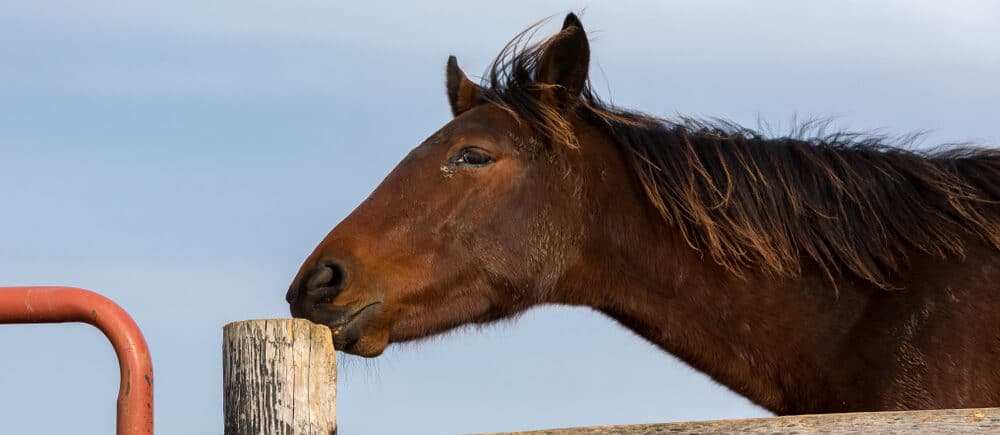
Wood is also extremely tough and indigestible. The stomach acid of the horse was not made to dissolve wood fibers as it does with hay and grass fibers, so this means that the wood in a horse’s stomach will get stuck. This could cause a blockage.
There are two ways wood in the belly of a horse can cause a blockage. Either it can cause a blockage through too much wood in the stomach, or the stomach has some wood in it, but it blocks the exit for the hay and grasses and water that the horse also eats.
What Happens if There is a Blockage?
As the stomach of the horse begins to cramp to empty itself from the rotting materials inside it, the horse will develop colic. Colic is severe abdominal pain, but it is not a disease.
It is a symptom of another illness. Once a horse develops colic, the stomach lining and intestinal lining will become inflamed, their stomach and intestines may fill with gas, and they will bloat.
They’ll become lethargic and weak because the food they’re eating is not being digested, so they cannot get any nutrients or energy. If they do not get help soon, their stomach could rupture, and they could bleed out within themselves.
Depending on the severity of the colic, horses can either fight it off themselves with antibiotics and a veterinarian’s supervision, or they will have to receive emergency surgery to take out the mass of fibers and food that is creating the colic.
Reasons Why a Horse Would Start Chewing Wood
There are a few different reasons why a horse would start chewing wood on fences and in their barn.
They need a better nutritional diet. When a horse isn’t receiving the nutrition, it needs to keep it healthy and robust; it will try to get that nutrient anywhere else.
You may have heard of Pica, which is a disease that affects humans and causes them to fixate on eating one type of food. The food is usually something unnatural, like human hair or wood. Horses can also develop Pica, and they do so because their bodies need a nutrient that they are not getting in their current diet.
If you think this is why your horse is chewing on wood, you need to have your horse’s blood tested, and diet analyzed so you can find what they are missing from their diet.
Another reason is that they are bored. It’s similar to when a human has nothing to do, so they eat just to entertain themselves. Horses are intelligent creatures that need to be stimulated and challenged, but many neglectful horse owners leave them in their barn or stable like cars that turn on and off.
When a horse isn’t expelling enough of its energy, it will do what it can to keep itself occupied. So chewing could be a hobby of theirs to fend off the mind-numbing dullness.
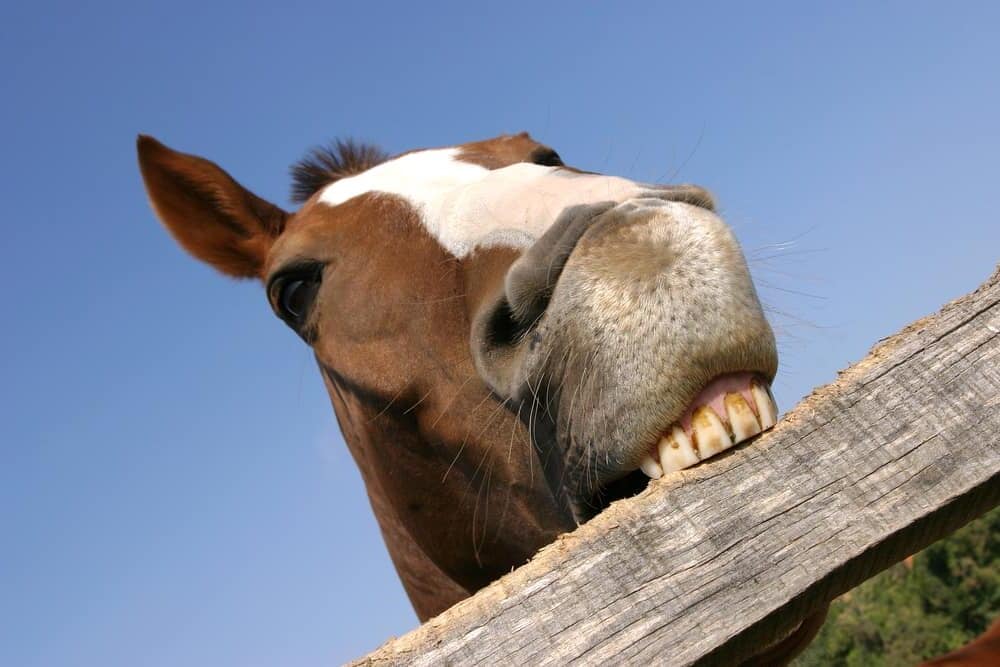
How to Stop Them From Chewing Wood
Now that they have developed the habit of chewing wood, it’s not enough to add the nutrient they were missing back into their diet or take them out for extra activities anymore. Eating wood is now a bad habit that needs to be deprogrammed.
First, you need to keep your horse away from any wood. This may seem like an challenging task since fences are made out of wood, and barns and Stables are made out of wood, but it just means that you have to keep them outside and walking around.
And when they’re outside, you can apply a spray to all wood surfaces that will make the wood taste terrible. It is similar to when a human has a problem biting their nails, so they apply awful tasting nail polish to their nails so they will be disgusted by the taste and stop chewing on them.
It’ll take a few days, but when all of the wooden surfaces are coated, you can leave your horse in its stables without supervision.
You can also make chewing wood unpleasant by spraying them with a water bottle every time they start to chew.
Do not aim for their eye; just aim for their nose. No animal, whether cat or dog or bird or horse, likes to be sprayed with a spray bottle. They will stop chewing on wood, but they might glare at you after they stop.
Conclusion
- There are several reasons why your horses chew on wood
- Horses should not chew on wood at all
- Wood in their digestive system can cause pain and colic
- If a horse is not getting the nutrition they need, they will chew wood to get it
- They will also chew wood out of boredom
- You can spray a bitter spray on all wood around them to stop them from chewing.



